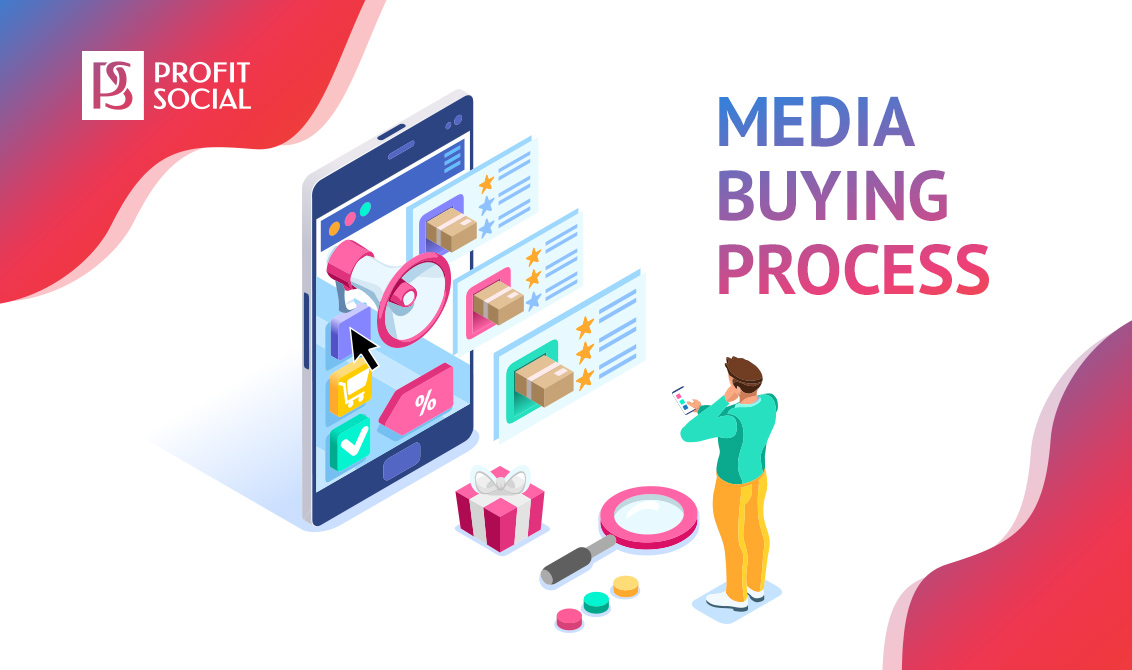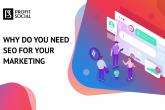If you are involved with online marketing then you will have no doubt came across the term media buying.
Even if you are completely new to the game it is a pretty common term. Many people aren’t sure what this means and if they do know a bit about it they probably don’t know the ins and outs. If you fall into either of these two categories, you’ve come to the right place.
In this guide, you are going to find out:
• What is media buying?
• What is a media buyer?
• The stages of ad buying
• How to create your media buying strategy

What does buying media online mean?
When we talk about media buying we are talking about purchasing advertising space from people who have it to sell. This was traditionally (and still is) things like TV ads, space in newspapers and on the radio. With the advent of the internet, we are also talking about banner space on websites and ads on different digital platforms such as apps.
That’s really what it is.
A media buyer is someone that has traditionally done the role of negotiation so that you get the best price for your ad and also ensuring that it gets the most coverage.
In today’s world, this is often done programmatically. This means that it is AI and technology that is defining how much is paid for advertising space and it is carried out in a real-time basis.
Stages of media purchasing
So, know that we have a basic definition of digital media buying – what are the main stages of getting advertisements out there.
#1 Pre-launching
Even though the actual media buying is done programmatically these days, there is still a lot of work to be carried out first of all.
You need to identify your audience and who is going to see your ads. Just firing ads out on the internet in the hope someone will see them and click the link isn’t a good strategic decision and it is unlikely to provide any tangible results. This stage involves researching demographics for your product or service, what websites or apps they visit and use and also what else they are interested in.
It also entails looking at what your competitors are doing so that you can see the types of sites they are targeting.
You will also need to design your ads as well and this can take a lot of time to get the style right as well as an effective call to action. Much of this stage will be determined by the demographics and interests of your target audience.
#2 Campaign Launch
Once the research, planning and creating of your ad strategy is out of the way, you need to actually launch it and get it online.
This stage involves ensuring media delivery so that your advertisement appears to the right people and on the right digital platforms and it is also about continually assessing your advertisements so that you can respond to how people are interacting with them.
If no-one is clicking on your banner ads for example then you will want to know why. This allows you to alter them and adjust your campaign as necessary. It is important to note that leaving your campaign running when no-one is engaging with it won’t result in a good return either so don’t be afraid to tinker and change it as your go along.
#3 Reflections and analysing data
Finally, we have the end of the campaign where you look back on everything you have done and see how it has performed.
While you should assess the campaign on a continuous basis throughout its run, you also need to look at the overall success (or failure) at the end. This includes the ROI, how many clicked on it, how many people made a purchase or carried out your call to action as well as other metrics such as awareness for your brand and many other pieces of analysis.
Media buying strategy
Hopefully, you now have a better understanding of the media buying definition and the different stages involved in getting it up and running.
Without a good strategy you won’t succeed. Even with a solid tried and tested strategy you still might not get the results that you want from your online advertising. Media buying and implementing a marketing campaign is very complex but if you never try you will never see get what you want from your online venture.
Many people have tried and failed with online advertising and even if you don’t get what you want in the first instance (although many people do), it will set you up to learn from your mistakes and perform far better further down the line.

